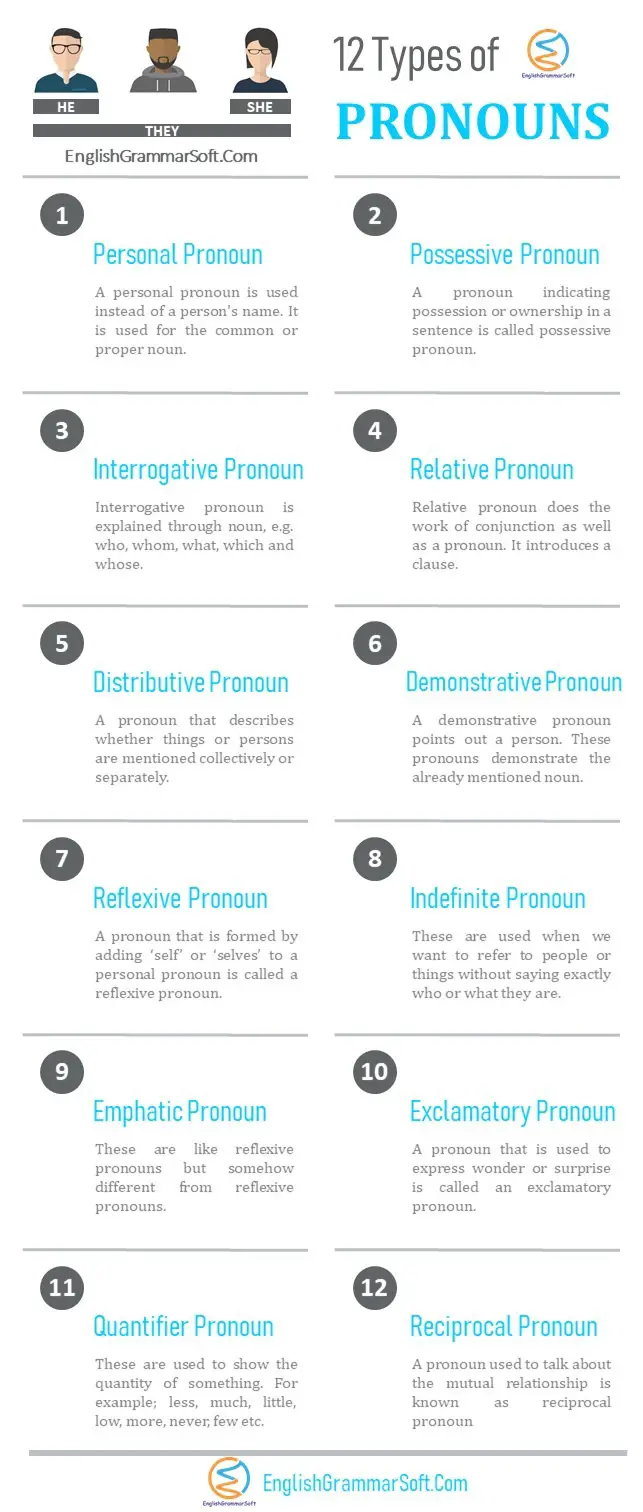

Normally, I am conservative about responding to evolutions in grammar and usage, arguing that writers should adhere to authoritative resources such as The Chicago Manual of Style, Garner’s Modern American Usage, and, well, Merriam-Webster. However, a simple alternative exists, which was discussed in this post years ago: Accept they as a singular personal pronoun.Īs that post explains, people have employed they to refer to a single person for hundreds of years, in classic literature as well as in casual conversation, and there is no good reason not to accept it in formal writing as a sensible alternative to, in referring to a generic person, using he (and thus implicitly excluding and therefore invalidating more than half of the human population), referring to “he or she,” alternating between he and she, using plural forms, or employing several other strategies. (The choices are he, she, and they.) But this, you may protest, is an onerous burden: Journalists are seriously expected to ask every person they interview to provide their gender identity along with the spelling of their name?ĭoing so is an additional logistical step in the reporter’s task, but a trivial one that stands out only for its current novelty. In journalism, and in other contexts in which a person is identified by gender, the writer should accurately describe that gender, and the way to do that is to ask that person to identify the pronoun by which they wish to be referred.


And as a post published on this site a couple of years ago points out, usage is evolving in parallel with an evolution in scientific thought.

Therefore, the publisher has updated the dictionary to reflect the fact that gender identity is not a simple matter of gender assignment according to physical characteristics. Merriam-Webster recently announced that it has provided an additional sense in the definition for the pronoun they: “used to refer to a single person whose gender identity is nonbinary.” What does this mean?įirst, two more definitions: Merriam-Webster’s online dictionary defines “gender identity” as “a person’s internal sense of being male, female, some combination of male and female, or neither male nor female,” and nonbinary, in this context, means “relating to or being a person who identifies with or expresses a gender identity that is neither entirely male nor entirely female.”


 0 kommentar(er)
0 kommentar(er)
